We sometimes think of culture as belonging only to ethnicity. You have culture if you are from an exotic country other than your own. We can perhaps forget that we are all creating culture by our social practices and behaviour. Behavioural repetition, rituals, cycles inform our culture.
And often when we think of poverty with think of it in terms of one’s economic prosperity and rarely I suspect do we think of being poor as a result of our cultural practice. I often think of cultural poverty and cultural vacuums.
In a cultural vacuum speed and efficiency is prioritised above all else and people predominantly engage in practices that are considered by most to be efficient: and other people have skills and the ability to make and create and you have none. A typical global phenomenon that has pushed us towards this vacuum is globalisation itself. The focus of globalisation being to open borders and facilitate free trade and to give businesses the opportunity to search for the cheapest labour markets. In this quest we have impoverished our culture as we debate that it is cheaper and faster to get someone else to engage in the ‘culture’ of making, creating, inventing, building and even growing.
Under globalisation it makes no sense to grow your own, to make your own, to cultivate skills because someone somewhere far away can make it and grow it much cheaper than you can. Globalisation has placed enormous pressure on our cultural wealth and has undermined our cultural practise and knowledge, our skill base, self-determination and self-confidence.
This post is a thank you to an Australian movement that is revitalising and enriching our cultural wealth by engaging in making, inventing, building, and growing. A movement that is encouraging us to consume less, to support quality, longevity, skill development and culture growth.
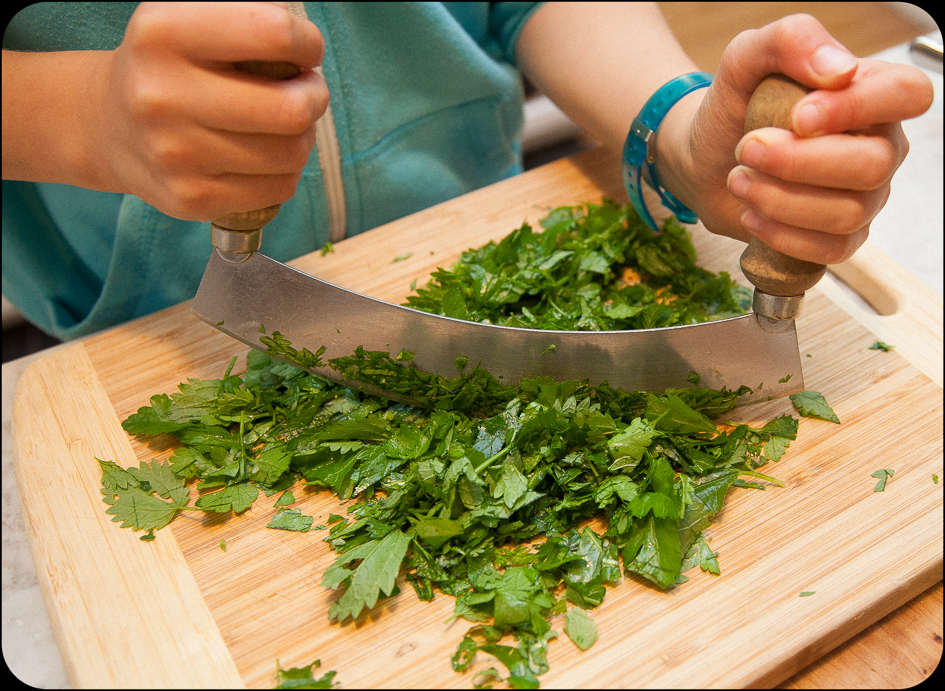
Home cooking is rarely slower than defrosting and microwaving food and so much more colourful, engaging, enlivening and delicious.
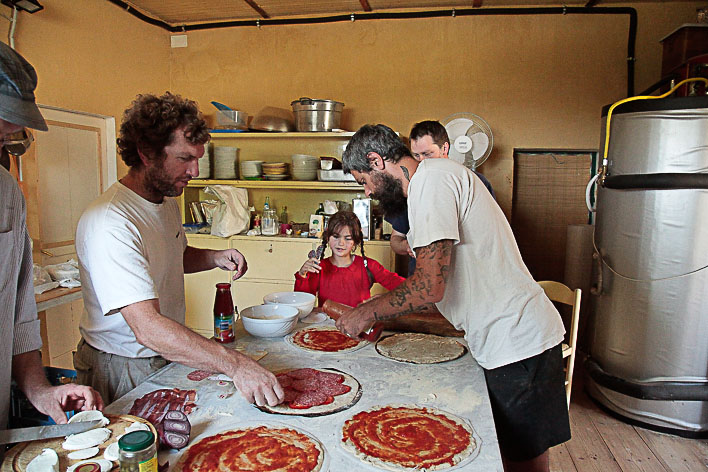
Cooking together in a supportive intergenerational milieu is a fantastic glue for building long term friendships.

And local people are given an opportunity to engage in employment that is meaningful and accessible.
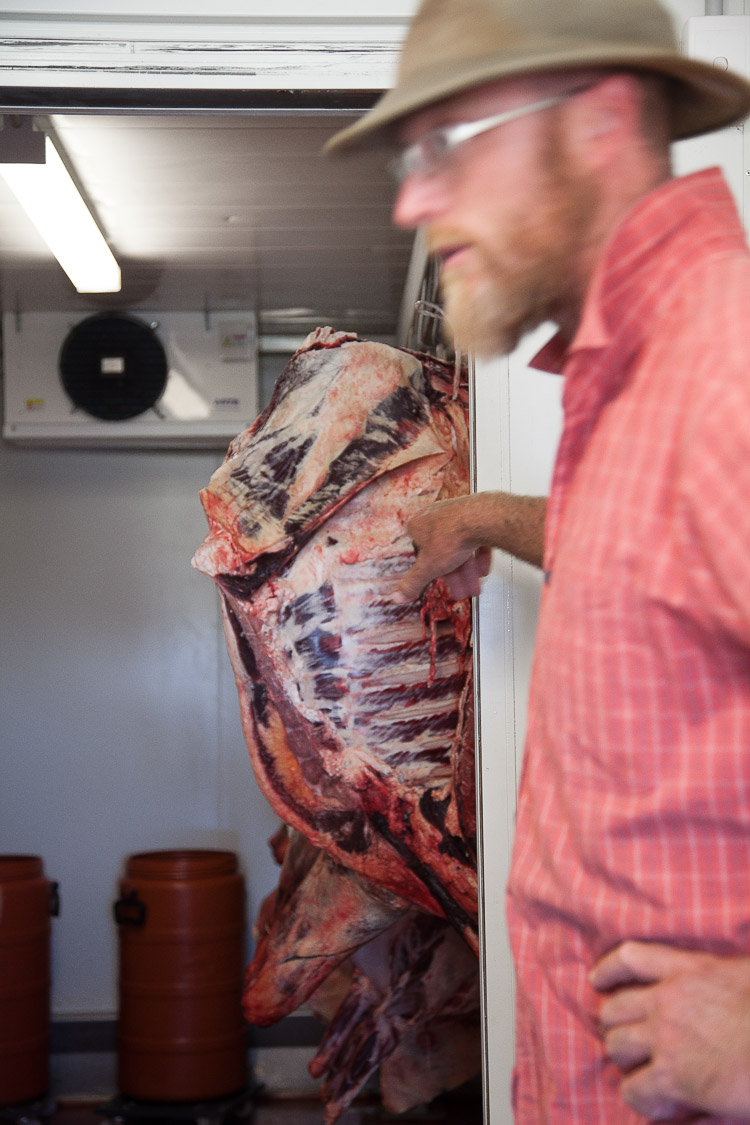
Small-scale meat production allows families to return to rural areas and create meaningful and empowering livelihoods for themselves and their children.
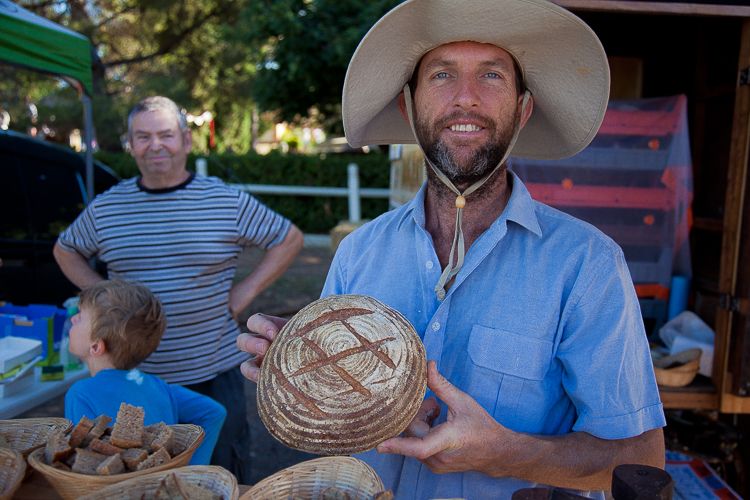
Ken sells bread once a month at the Maldon market and by doing so keeps a rich bread making culture alive and a strong connection to his community. Communities feel rich when they see a market full of produce made by the skills of those around them. And children learn a can-do attitude that is thwarted when most objects and foods are made by someone far, far away in another country. A country obsessed with cheap imports is impoverishing its cultural practice and impoverishing the spirit and minds of its people.
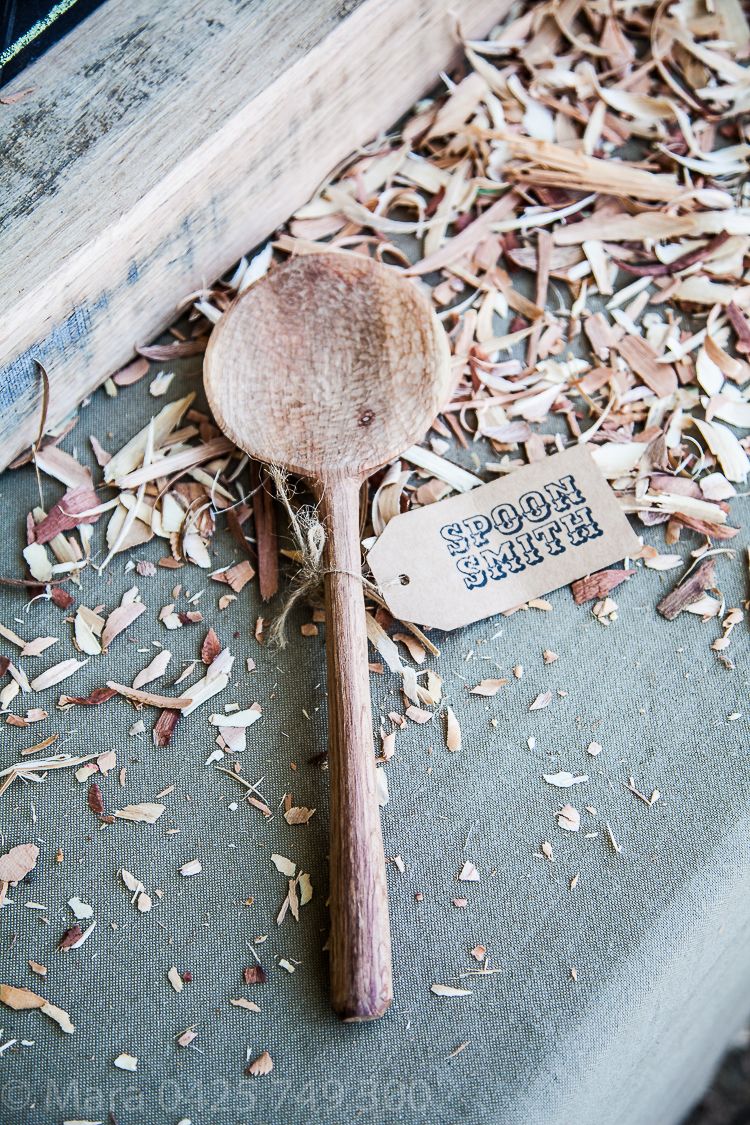
A beautifully hand carved wooden spoon by a Spoon Smith. Less consumerism, more quality, long lasting, and cherished. The Ikea’s of the world encourage and support us to buy, to buy again, to buy more, products that do not last, that end up on people’s nature strips. Easy to access and just as easy to dump.



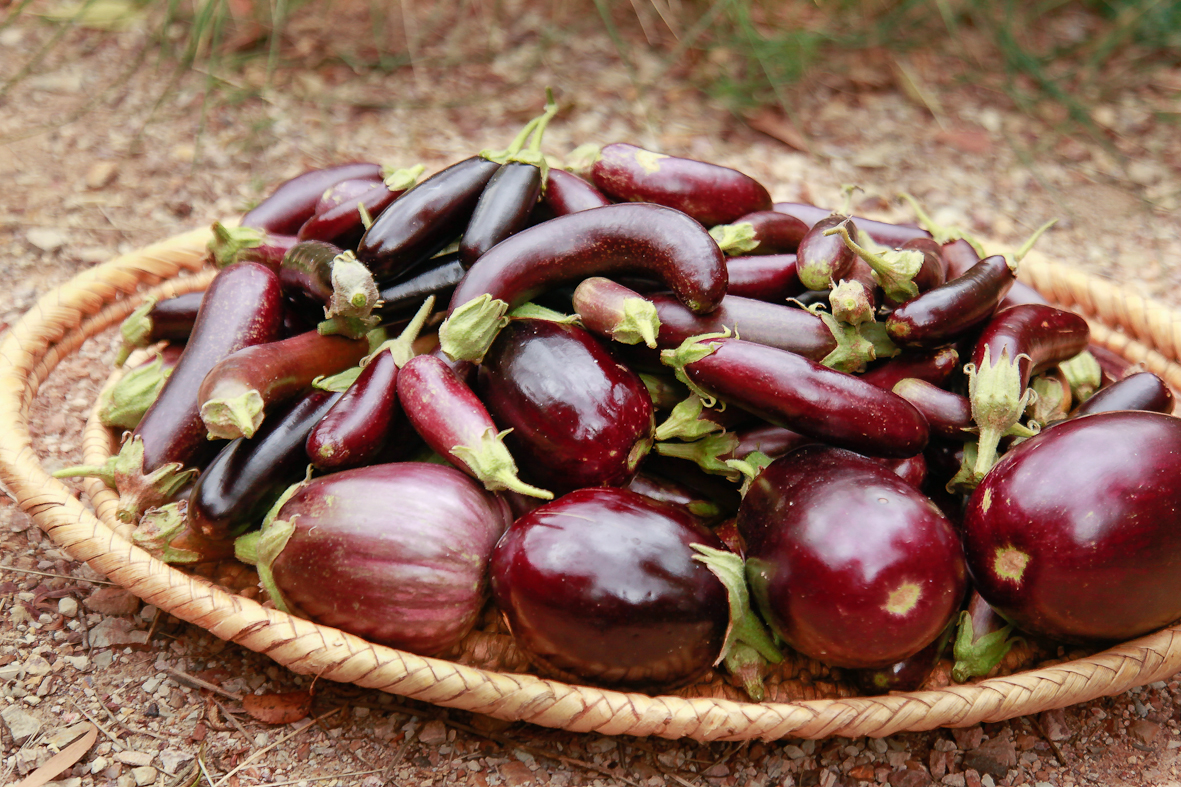

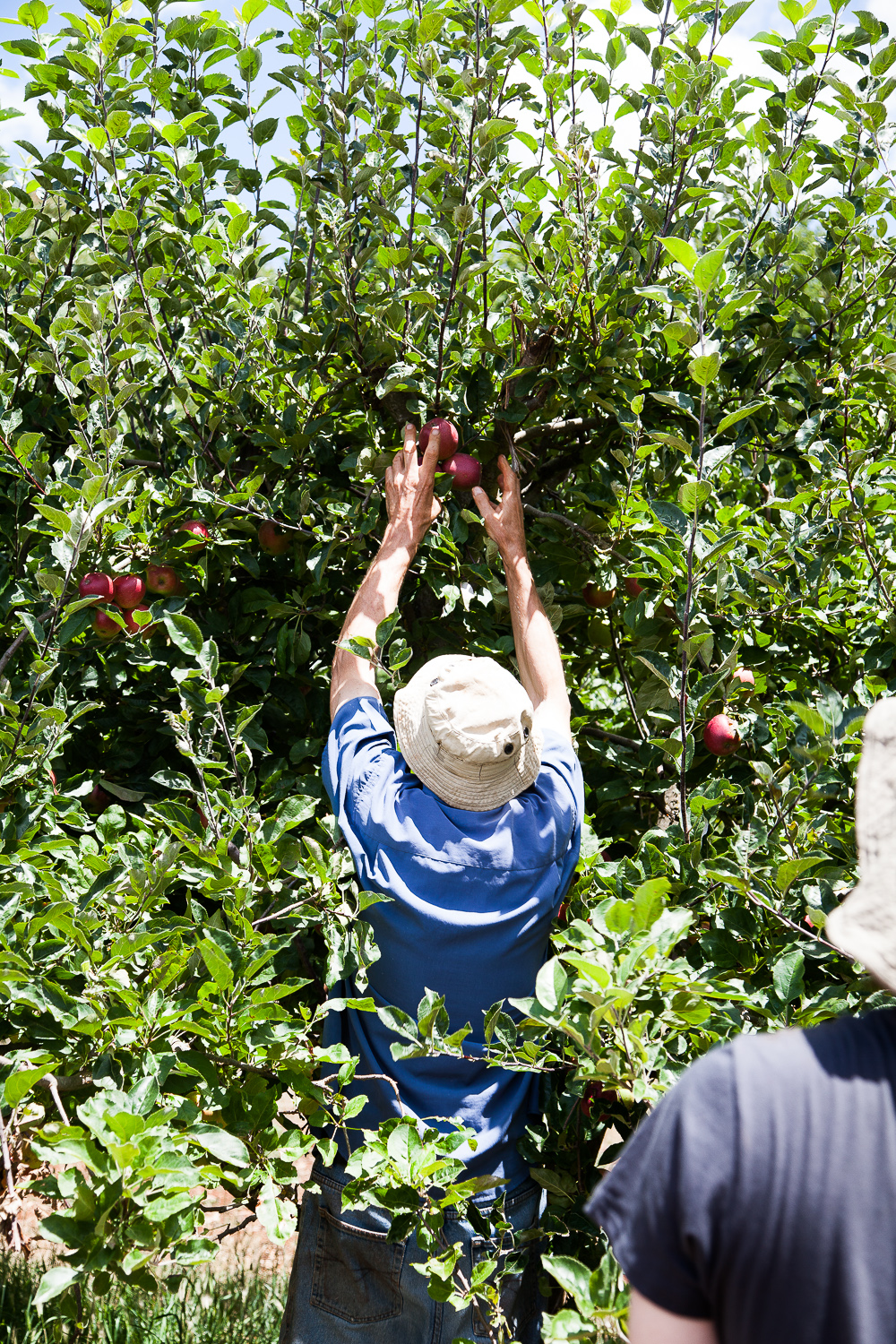
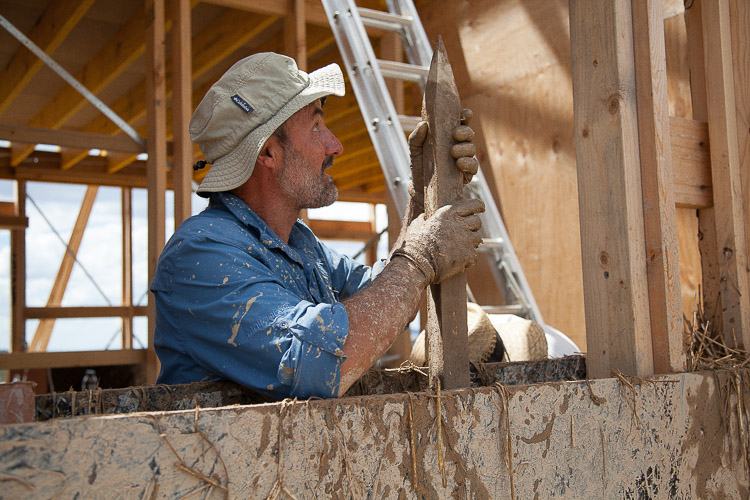
YES!!!!